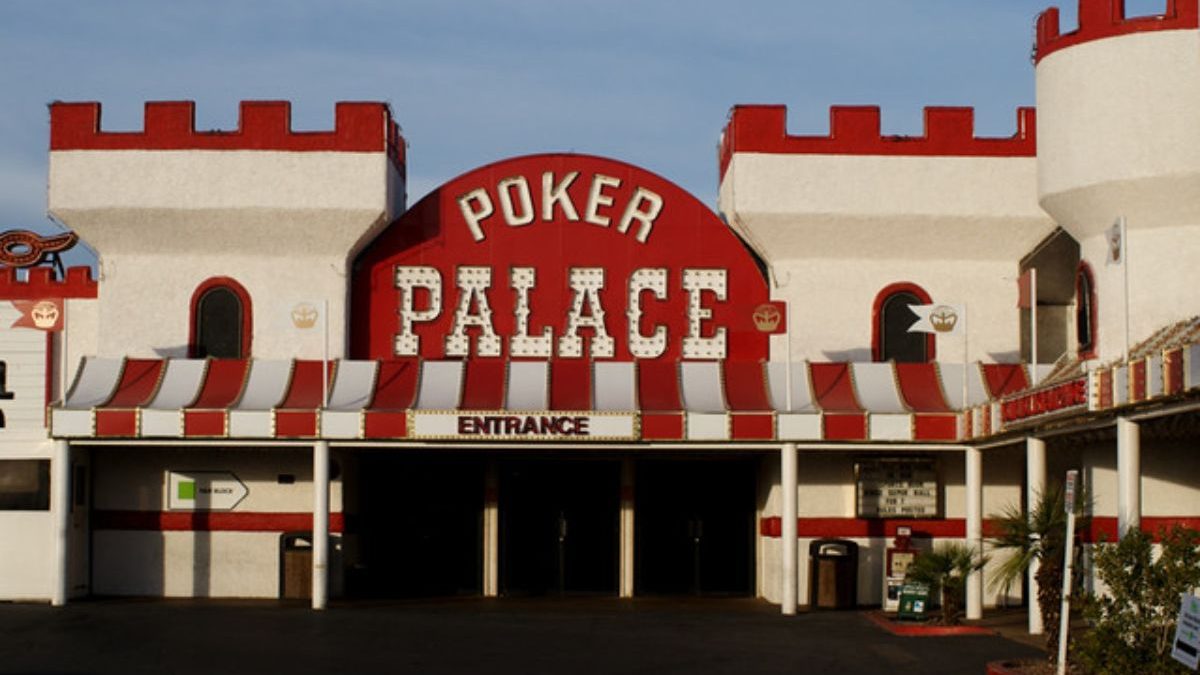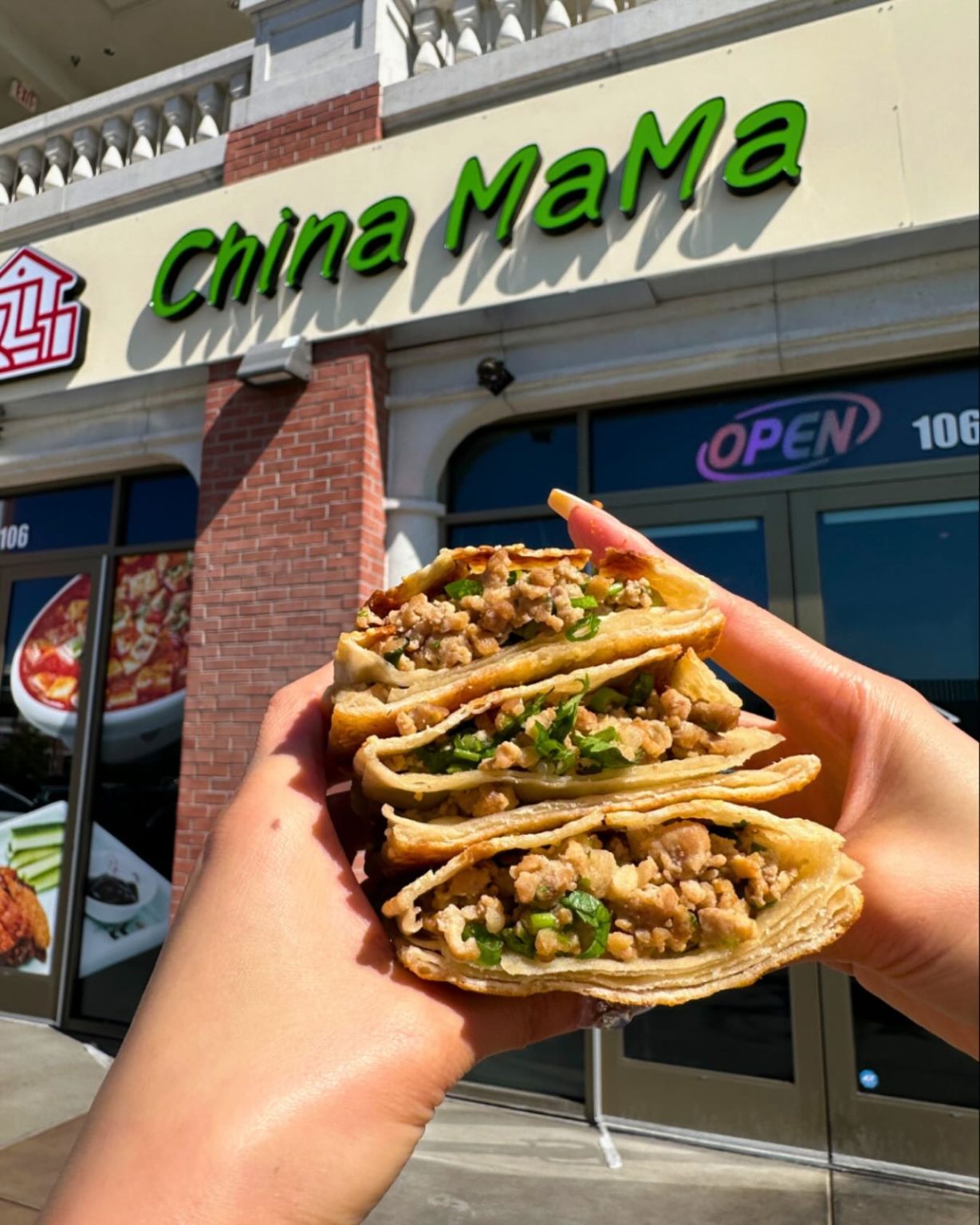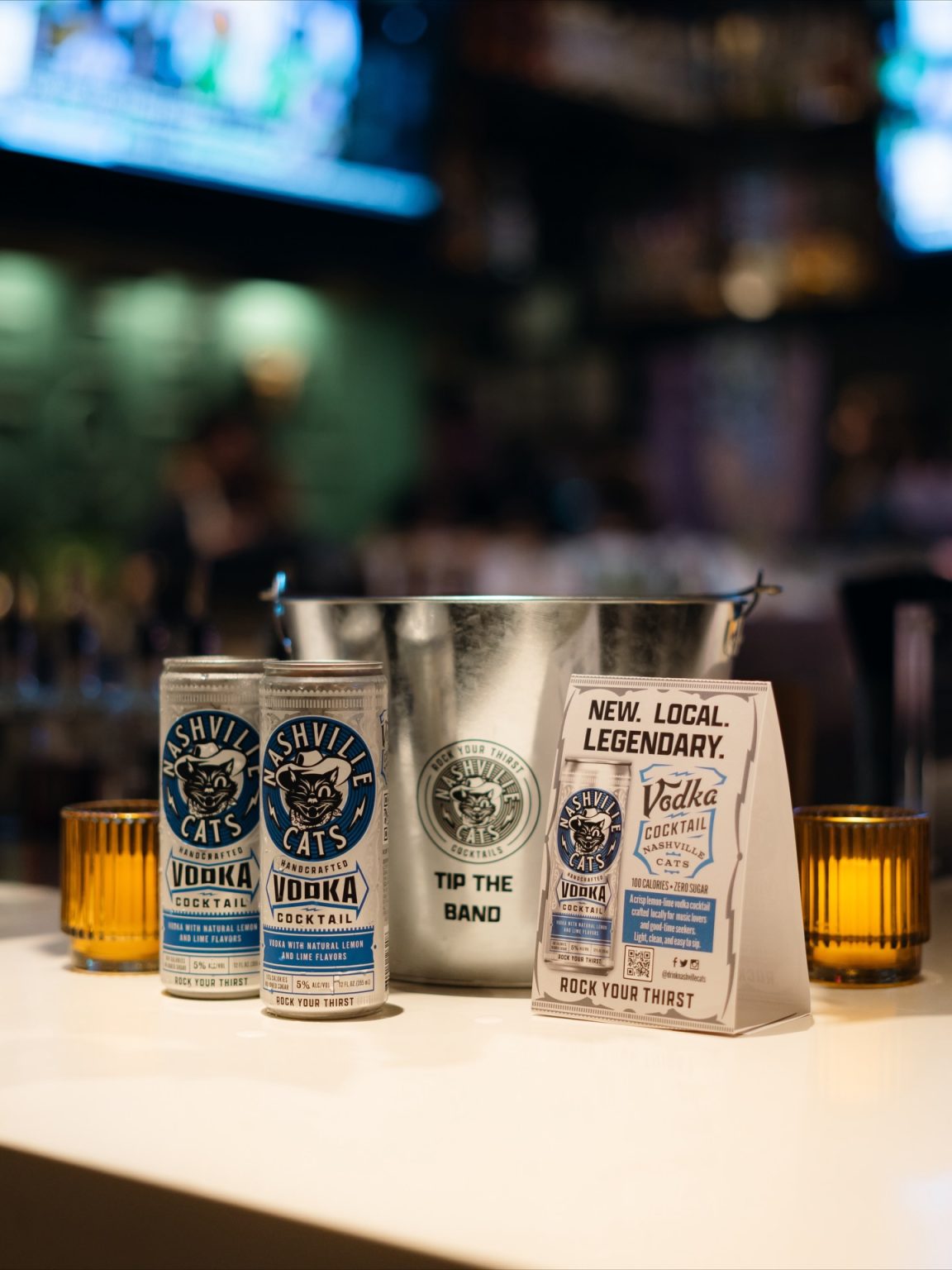Southern Nevada Health District conducted a routine inspection on March 25. The restaurant was found to have multiple violations. The restaurant received a high demerit score of 27 and was ordered to close.
Please note that the demerit scores mentioned here are from a particular inspection conducted on March 25 and may not represent the future health inspection status of the establishments.
Highlights
- A routine inspection on March 25 at the Poker Palace Restaurant led to its closure.
- Multiple violations regarding cleanliness, contamination, and refrigeration led to a high demerit score.
- The SNHD conducts inspections for bars, taverns, restaurants, food processors, and other food establishments. It is to ensure that rules are being followed.
Poker Palace Restaurant Ordered Closed

- Where: 2757 N Las Vegas Blvd, North Las Vegas, NV 89030
- When: March 25, 2025
Poker Palace Restaurant is a go-to place for residents. Previous inspection records indicate that the restaurant had received satisfactory scores in the past. The routine inspection conducted this week pointed out various violations in the facility. A total demerit score of 27 was obtained by the restaurant, leading to its closure.
Inspectors observed improper handwashing facilities at the restaurant and emphasized the importance of following food handler health restrictions. Proper glove use is required to prevent bare-hand contact with food. Inspectors expect food to be unspoiled, uncontaminated, and unadulterated; however, violations were found.
Time/temperature control for safety and prevention of bacterial growth was missing. Additional violations included potential cross-contamination, improper labeling, and incorrect chemical storage. Properly designed, maintained, and approved equipment was not found. The officials have asked to provide a sanitizer solution to clean and sanitize the food contact surfaces of the equipment.
SNHD conducts inspections to ensure compliance with health regulations and prevent foodborne illnesses. They conduct an unannounced inspection at least once a year. These inspections ensure that good management practices are being followed and that the risk factors that can lead to foodborne illnesses remain under control.












